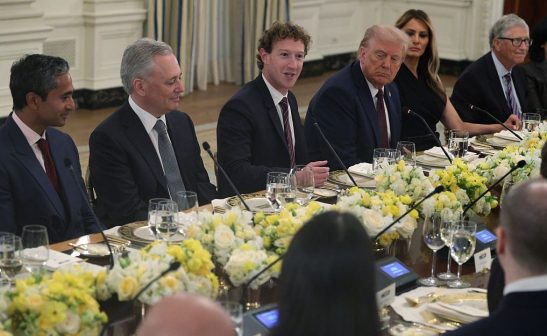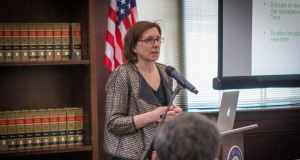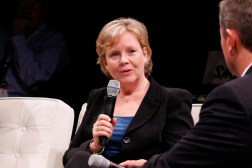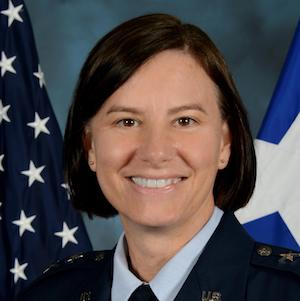
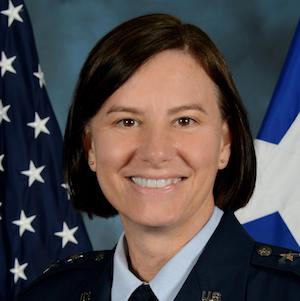 Maj. Gen. Sarah Zabel, Vice Director, DISA
Maj. Gen. Sarah Zabel, Vice Director, DISA
Crucial recent initiatives for the Defense Information Systems Agency have been encouraging the adoption of commercial IT through the Defense Enterprise Office Solutions (DEOS) program and milCloud version 2.0. Helping to lead the organization of more than 8,000 military, civilian and contract personnel is Vice Director Sarah Zabel, an Air Force major general. Zabel says she also has been focused on increasing the effectiveness of DISA’s interactions with its mission partners.
Can you talk about the biggest challenge you’ve faced in your career? How did you conquer that challenge?
The biggest challenge I’ve faced is to constantly move into new positions in new organizations where I have no experience base, learn the new job and produce good results. I have had 21 distinct jobs in 18 assignments over 29 years, and so the learning curve has always been high. I dealt with this challenge by acknowledging to myself and others that I am in perpetual learning mode, and working through the uncertainty and early mistakes to understand the new job and environment. This has also given me a big advantage in that I now approach my work with a variety of experience and a wealth of exposure to all parts of the Air Force.
What would you say to young women who are thinking about a career in technology or related fields, or just starting out in their careers? What’s the best advice you could offer for success?
Our modern technological capabilities are incredible, and starting out in a technological field can be intimidating — it feels like everyone knows so much more than you do. I would want anyone starting out in a technical field to understand they bring value, even from the beginning, due to their individuality and new way of looking at things. They should realize they are embarking on a lifetime of learning and they will never know it all. They need to embrace learning, experiment and expect failures along the way.
What/who inspired you to get into your field of work?
I chose this field in college, and graduated with a computer science major. What attracted me, and what I still enjoy, is the opportunity for great creativity. I have enjoyed writing software, developing systems and bringing solutions together, among many other tasks. To me, the foundation of IT is to turn thoughts and intentions into working programs and systems, creating action and effect that sprang from my imagination. The Air Force gave me opportunities to do all these things, and the overall effect in the end is to support our nation; it is very rewarding.
Why is it important to you to empower women and other minorities to join more technical and technology-related fields?
I think that women and many minorities exclude themselves from a very rewarding field simply because they were never invited in as a young person. It is wasteful of their talents, and limits progress in technological fields because those fields are less subject to opposing or out-of-the-box views. Diversity of experience brings diversity of thought, which only enriches a field. As we raise young people there is still a habit to project their future based on factors like their gender or race and encourage them to an “appropriate” future. Far too often, young women are simply not encouraged to think about technological fields.
